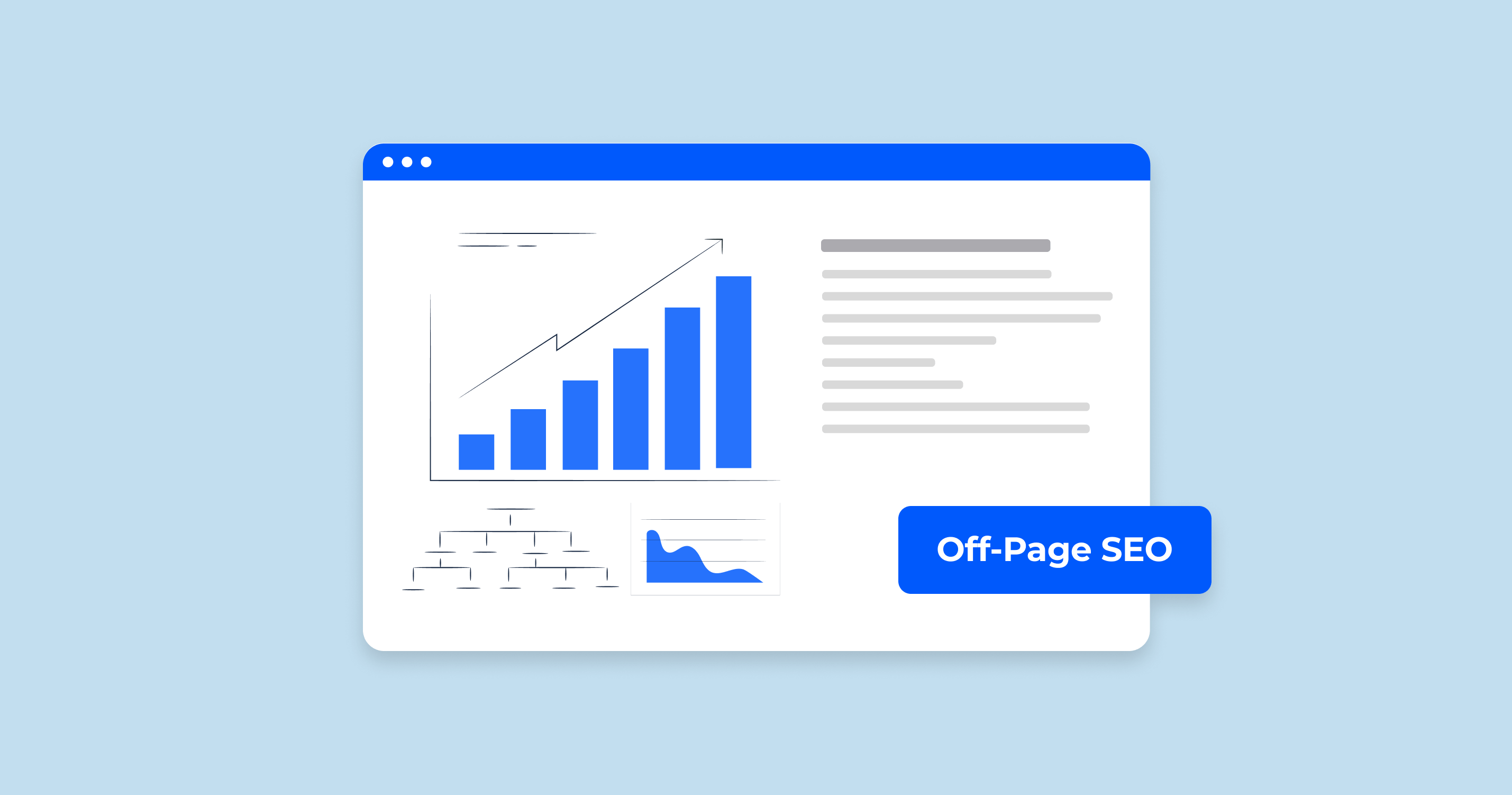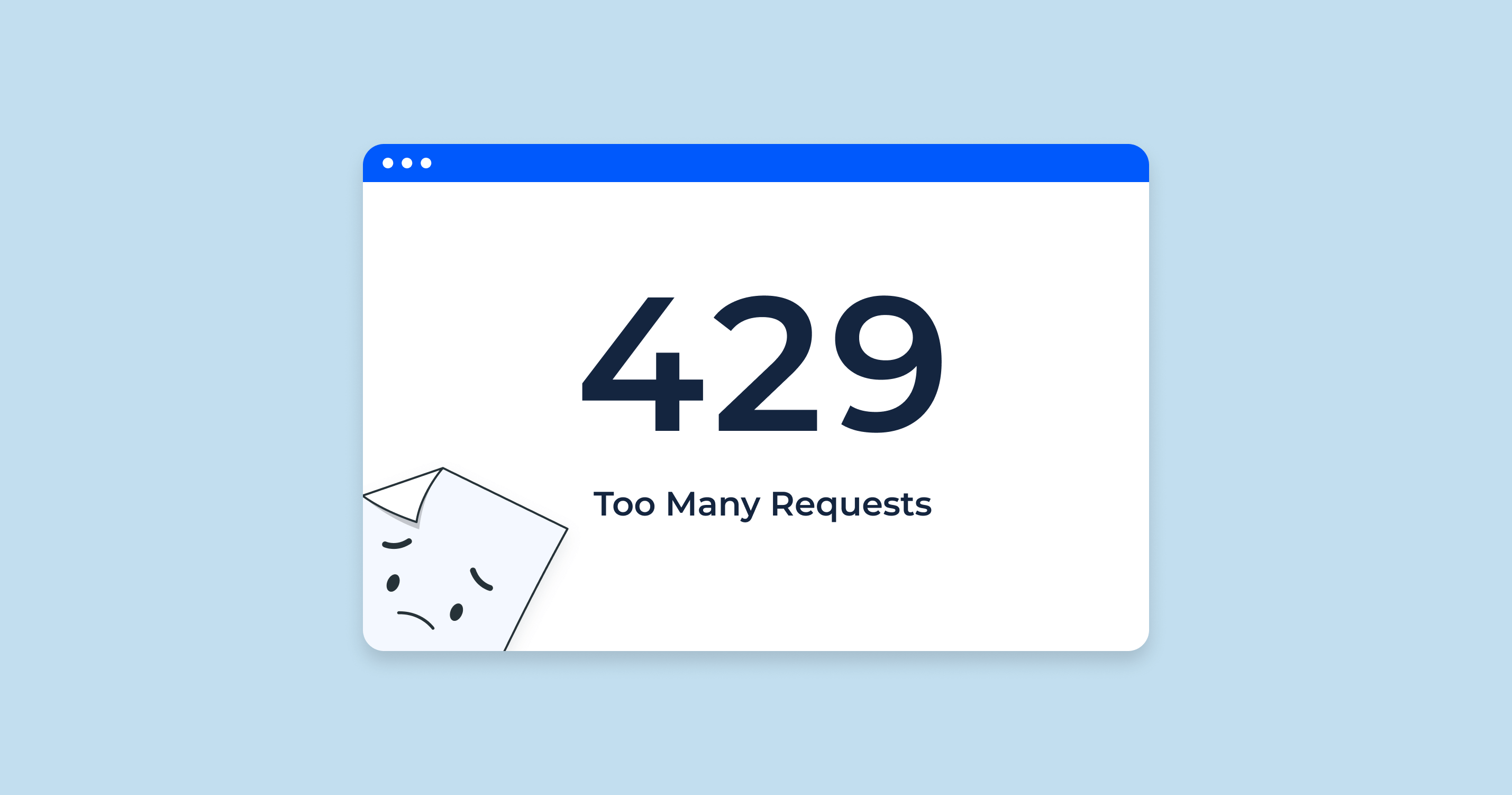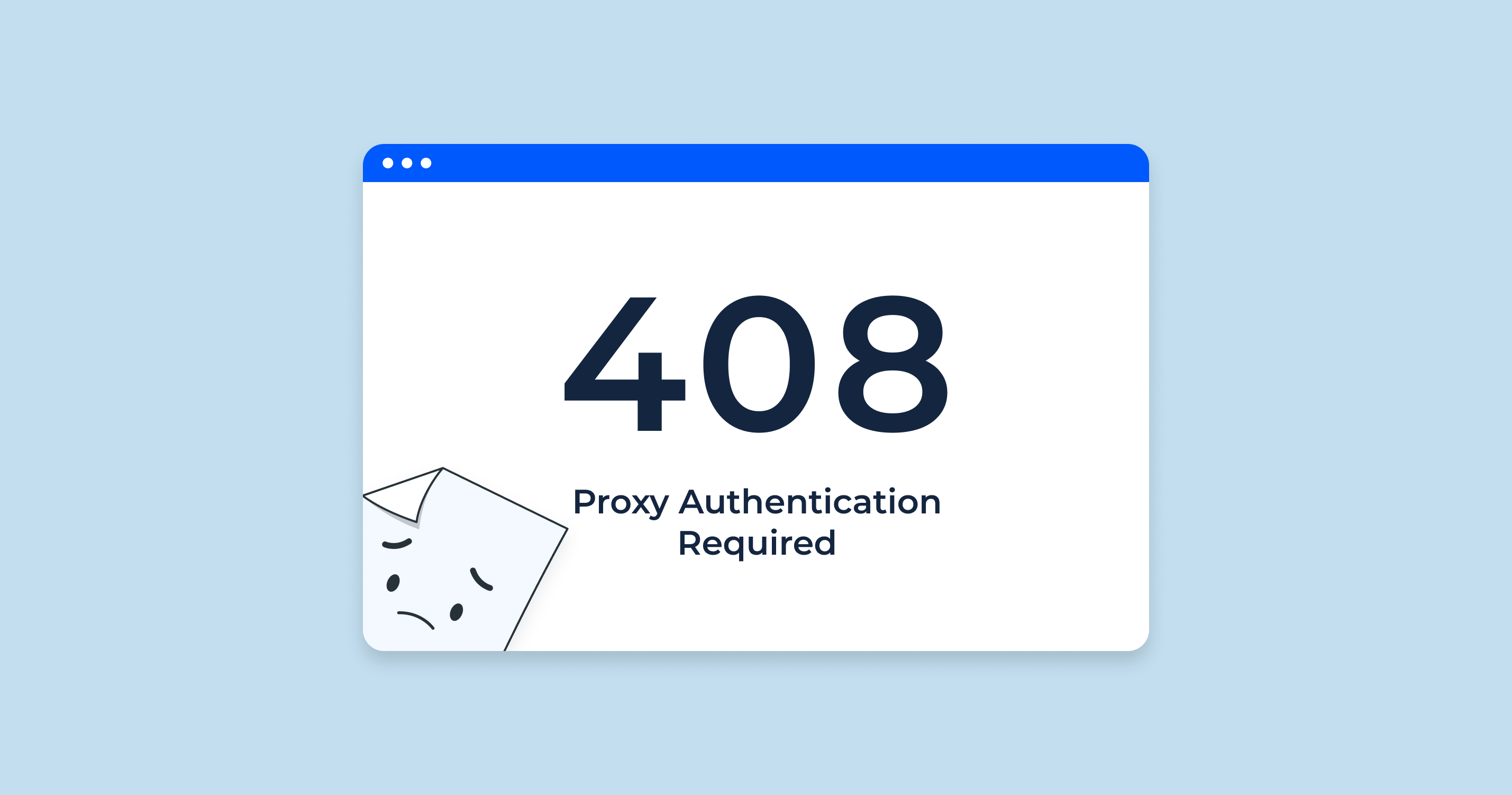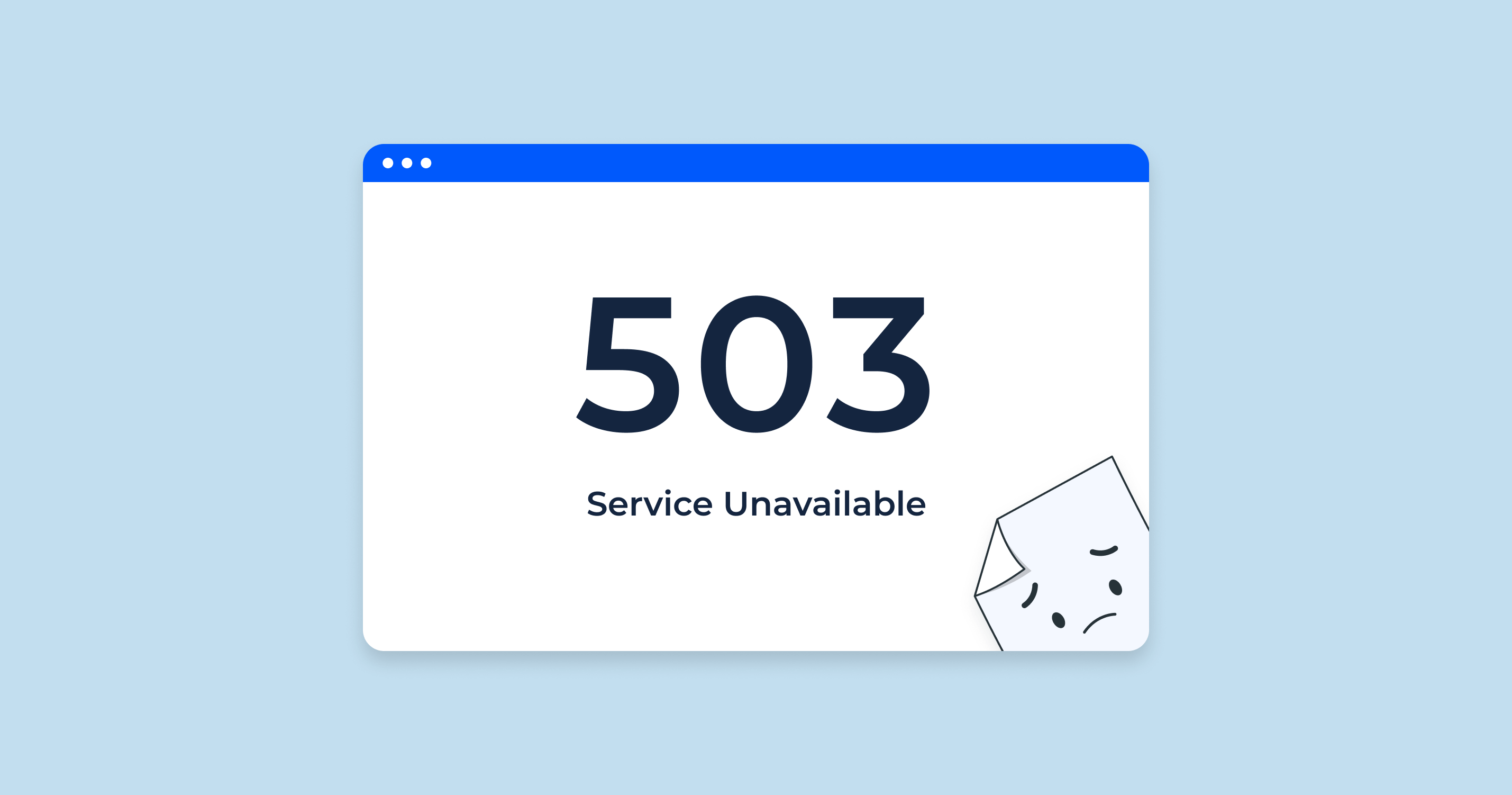What is Off-Page SEO?
Off-Page SEO encompasses all the activities and efforts taken outside of your own website to improve its visibility and ranking on search engine results pages (SERPs). While on-page SEO focuses on elements present directly on your website, such as content, meta tags, and site structure, off-page SEO delves into external ranking factors, that can influence your website’s authority and trustworthiness.
Key components of Off-Page SEO include:
- Backlinks: These are links from other websites pointing to yours. The quality, relevance, and quantity of backlinks your website garners play a crucial role in its search engine ranking. Acquiring backlinks from authoritative and relevant websites can significantly boost your site’s credibility.
- Brand Mentions: Even if a brand is mentioned without a hyperlink, search engines can recognize these implicit endorsements. Positive brand mentions, especially from authoritative sources, can improve your site’s reputation.
- Social Signals: While the direct impact of social signals (likes, shares, comments) on SEO is still a topic of debate, there’s no denying that positive social engagement can increase visibility and drive traffic, indirectly supporting SEO efforts.
- Guest Blogging: By contributing content to other reputable websites in your industry, you can establish authority in your niche, acquire quality backlinks, and drive referral traffic.
- Local SEO & Directory Listings: For businesses operating in specific locales, being listed in local directories and optimizing for local SEO can be vital. Reviews on platforms like Google My Business also fall under off-page strategies.
In essence, Off-Page SEO is about building a robust online reputation for your website. It tells search engines that your site is a valuable resource, deserving of a high rank in SERPs because of its credibility, authority, and relevance to users. Properly executed off-page strategies can significantly enhance a website’s visibility, drive organic traffic, and establish it as an authority in its niche.
Why Is Off-Page SEO Important?
Off-Page SEO refers to all the actions taken outside of your website that impact your rankings within search engine results pages (SERPs). It’s essential for several reasons:
- Credibility and Authority: Quality backlinks from reputable sites signal to search engines that your content is credible and authoritative. It’s like receiving a vote of confidence from other websites.
- Increased Visibility: Effective off-page SEO practices can lead to higher search rankings, driving more organic traffic to your site.
- Brand Exposure: Activities like guest blogging, social media sharing, and influencer partnerships not only help with SEO but also boost brand awareness.
Google about off-page SEO
John Mueller, a Webmaster Trends Analyst at Google, has tweeted about off-page SEO on a number of occasions. Here are some of his key takeaways:
Here are some specific examples of Mueller’s tweets about off-page SEO:
- On the importance of high-quality links: “Links from high-quality websites are more valuable than links from low-quality websites.”
- On the importance of relevant links: “Links from relevant websites are more valuable than links from irrelevant websites.”
- On the importance of building relationships: “Off-page SEO is about more than just building links. It is also important to focus on building relationships with other websites.”
- On the importance of creating shareable content: “Create content that is likely to be shared and linked to.”
- On the importance of avoiding spammy tactics: “Don’t try to game the system by building links through spammy or unethical methods.”
Overall, Mueller’s advice on off-page SEO is to focus on link building links and high-quality links from relevant websites through genuine relationships and shareable content.
On-Page SEO vs. Off-Page SEO
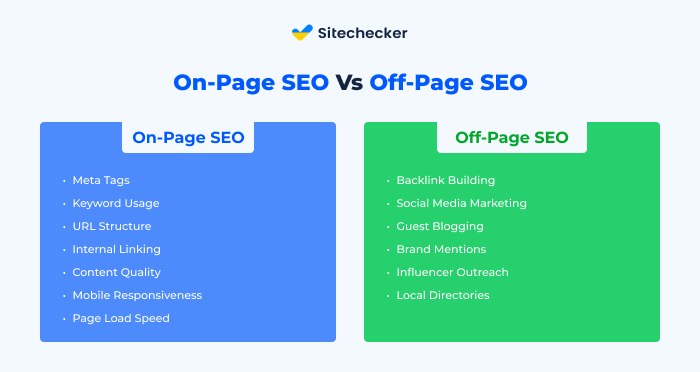
Understanding the distinction between on-page and off-page SEO is crucial for a holistic SEO strategy:
-
On-Page SEO:
- Focuses on elements directly on your website.
- Includes optimizing meta tags (title, description), content quality and relevance, internal linking, and site structure.
- Directly under the site owner’s control.
-
Off-Page SEO:
- Deals with external factors impacting your site’s reputation and authority.
- Mainly centers on acquiring backlinks but also includes social signals, brand mentions, and other off-site activities.
- Often involves networking, outreach, and building relationships with other webmasters and content creators.
While on-page SEO ensures your website is optimized for search engines and users, off-page SEO amplifies your site’s trustworthiness and authority in the digital ecosystem. Both are complementary and essential for a site’s overall success in organic search results.
Preparing Your Website for Effective Off-Page SEO
Before diving deep into external SEO strategies, it’s essential to ensure that your website is appropriately set up and optimized. An excellent off-page SEO effort can fall short if the foundation — your website — isn’t robust. Here are steps to ensure your site is ready:
Lay Out Your Internal Pages
A clear and logical site structure benefits both your visitors and search engines. Here’s why:
- User Experience (UX): An intuitive layout ensures that visitors can easily navigate through your content, reducing bounce rates and increasing time spent on your site.
- Link Equity Distribution: With a well-structured internal linking strategy, the value (or “equity”) passed from external links can be effectively spread throughout your site.
- Crawlability: Search engines can index your site more efficiently when it has a clear hierarchy and structure.
To achieve this:
- Use a flat website hierarchy: Limit the number of clicks needed to reach any page from the home page.
- Utilize breadcrumb navigation: This aids users in understanding their location on your site.
- Implement a coherent internal linking strategy: Ensure that related pages link to each other, enhancing both user navigation and link equity distribution.
Do Basic On-page SEO First
Before focusing on off-page efforts, on-page search engine optimization is crucial:
- Meta Descriptions and Titles: These provide a brief overview of the page’s content and encourage click-through from SERPs. Make them compelling and relevant.
- Quality Content: Ensure that your content is original, well-researched, and provides value to your audience.
- Mobile Optimization: A significant portion of users browse on mobile devices. Ensure your site is mobile-friendly.
- Fast Loading Speed: Slow sites can deter visitors and are negatively viewed by search engines.
- URL Structure: Use clear and concise URLs that convey content hierarchy and relevance.
Pick Thematic Keywords, Even for Off-page SEO
While keywords are traditionally associated with on-page SEO, they’re equally vital for off-page efforts:
- Backlink Relevance: Acquiring backlinks from pages with thematic relevance is more valuable. Knowing your keywords can help in targeting such pages for link-building.
- Anchor Text Strategy: Natural and varied anchor text, including thematic keywords, can help in building a diverse and healthy backlink profile.
- Content Creation for Guest Posts: When contributing to external sites, aligning with thematic keywords ensures the content remains relevant to your niche and audience.
Start by:
- Conducting comprehensive keyword research.
- Identifying primary, secondary, and long-tail keywords relevant to your niche.
- Integrating these keywords into your off-page SEO strategy, from backlink outreach to guest post topics.
Boost Off-Page SEO With Backlinks
Backlinks remain one of the most influential factors for search engine rankings. Acquiring quality backlinks can significantly improve a website’s domain authority, trustworthiness, and overall SEO performance. Let’s explore strategies to bolster your backlink profile:
Be a Data Source
Positioning your website as a credible data source can attract natural backlinks. Here’s how:
- Original Research and Surveys: Conduct research, polls, or surveys that provide unique insights in your industry.
- Data Visualization: Use charts, graphs, and other visualization tools to represent data engagingly.
- Regular Updates: Continuously update your data sources to maintain relevance and accuracy.
Broken Content Building
A powerful link-building strategy involves identifying broken links on other websites and offering your content as a replacement:
- Use tools to find broken links related to your niche on reputable websites.
- Reach out to the webmasters, highlighting the broken links and proposing your content as a viable replacement.
- Ensure your content is relevant and of high quality to increase the chances of your link being used as a substitute.
Double Down On Long-Form Content
Comprehensive, long-form content tends to attract more backlinks:
- In-Depth Articles: Cover topics exhaustively, providing all the necessary details.
- Evergreen Content: Content that remains relevant over time can continuously attract backlinks.
- Guides and Tutorials: Detailed “how-to” guides or tutorials often become reference points and garner multiple backlinks.
Strategic Guest Posting
Guest posting on reputable websites in your industry can lead to high-quality backlinks:
- Identify authoritative sites that accept guest contributions.
- Propose unique, relevant content ideas that would resonate with their audience.
- Ensure you receive a backlink in return, usually in the author bio or within the content itself.
Create and Distribute Compelling Infographics
Infographics present data visually, making them highly shareable:
- Design engaging infographics that provide value and insights.
- Share them on social media platforms, infographic directories, and outreach to bloggers who might find them relevant.
- Embed codes can also be provided to encourage sharing, ensuring a backlink to your site.
Avoid Google Penalties for Unnatural Links
Google can penalize sites for engaging in practices deemed to manipulate their ranking unfairly. Here’s how to avoid such penalties:
Create Content and Optimize for the Users First
Prioritize user experience and relevance over search engines. Ensure your content provides genuine value, is well-researched, and adheres to SEO best practices without being manipulative.
Diversify Anchor Texts
Using the same anchor text repeatedly can appear manipulative. Ensure you have a diverse range of natural-looking anchor texts:
- Mix branded, generic, and keyword-specific anchor texts.
- Avoid over-optimizing with exact-match keywords.
Chapter 3: Generate Brand Signals
Brand signals refer to the elements and activities online that highlight the recognition, reputation, and visibility of a brand. They can influence how search engines perceive and rank a website. Developing strong brand signals can solidify your brand’s presence and indirectly boost your SEO efforts. Let’s delve into the strategies:
Audit Your Branded Searches
Auditing branded searches means evaluating how often users search for your brand and what they find when they do:
- Monitor Search Volume: Use tools like Google Trends or keyword research tools to see how often users are searching for your brand name.
- Evaluate SERP Results: When users search for your brand, what do they see? Ensure that your website, official profiles, and positive mentions appear prominently.
- Identify Gaps: If negative reviews or irrelevant content dominates the search results, you need a strategy to push up positive content or address the concerns.
Invest in YouTube
YouTube is the second-largest search engine globally. Having a presence here can significantly boost your brand signals:
- Create Quality Content: Develop videos that resonate with your target audience, whether they’re tutorials, reviews, or informational pieces.
- Optimize for Search: Just as with your website, ensure your YouTube videos are optimized with relevant titles, descriptions, and tags.
- Engage with Your Audience: Respond to comments and encourage viewers to like, share, and subscribe.
Set Up Brand Tracking
Brand tracking involves continuously monitoring your brand’s reputation and visibility online:
- Use Monitoring Tools: Platforms like Google Alerts can notify you whenever your brand is mentioned online.
- Evaluate Sentiment: Gauge whether mentions are positive, negative, or neutral. Address concerns and capitalize on positive feedback.
- Track Competitors: Understand how your brand signals compare to competitors. Identify areas of opportunity or potential threats.
Publish Research-Backed Content
Content backed by research is viewed as authoritative and trustworthy:
- Conduct Original Research: Surveys, studies, or experiments related to your niche can be a goldmine for backlinks and mentions.
- Cite Reliable Sources: When referencing data, always cite credible sources. This enhances your content’s reliability.
- Promote Your Findings: Share your research across platforms. Journalists, bloggers, and industry professionals may reference your findings, further solidifying your brand’s authority.
Improve E-A-T (Expertise, Authoritativeness, Trustworthiness)
E-A-T has become an essential factor in Google’s guidelines for quality content. Websites that exhibit strong Expertise, Authoritativeness, and Trustworthiness tend to both rank higher and better, especially for YMYL (Your Money or Your Life) topics. Improving these elements can considerably enhance your site’s SEO standing. Here’s how:
Get Brand Mentions on Authority Sites
Getting your brand mentioned on authoritative websites can significantly improve your site’s perceived authoritativeness:
- Collaborative Content: Partner with industry leaders to co-create content. This could be in the form of interviews, webinars, or joint research projects.
- Press Releases: Share noteworthy events, product launches, or significant updates about your business with media outlets related to your industry.
- Engage in Community Discussions: Participate in forums, panels, or webinars within your niche. Share your expertise and get noticed by authoritative figures.
Benefits:
- Direct traffic from these authoritative sites.
- Boosted perception of your brand’s credibility.
- Improved chances of earning high-quality backlinks.
Get Links From Trusted “Seed Sites”
‘Seed sites’ are foundational web domains trusted immensely by search engines. Earning a link from these sites can greatly elevate your site’s trustworthiness:
- Identify Seed Sites: While there’s no public list, start with major educational (.edu) and governmental (.gov) domains, respected industry portals, and global news agencies.
- Provide Value: Seed sites won’t link to just any content. Ensure you’re offering insightful, unique, and highly valuable content.
- Outreach Strategically: Build relationships and reach out with a genuine approach. Highlight the unique value your content brings to their audience.
Benefits:
- Direct SEO boost from having links on trusted domains.
- Increased referral traffic from reputable sources.
- Enhanced trust in the eyes of both search engines and users.
Get Positive Reviews Online
Online reviews can significantly influence trust:
- Encourage Reviews: Promptly ask satisfied customers to leave reviews. This can be done post-purchase or service via email or on your website.
- Engage with Reviews: Respond to all reviews, both positive and negative. Address concerns and thank customers for their feedback.
- Showcase Reviews: Display positive testimonials prominently on your website, adding a trust layer to your content.
Benefits:
- Increased trust from potential customers. Positive reviews act as endorsements.
- Search engines may use reviews as a ranking factor, especially for local searches.
- Enhanced brand reputation and loyalty.
Improving E-A-T isn’t a one-time task. It requires consistent effort, transparency, and dedication to offering quality and value. Over time, sites that focus on enhancing their expertise, authoritativeness, and trustworthiness can expect improved search visibility and user trust.
Bonus Off-Page SEO Techniques
While many off-page SEO strategies are well-known, there are some lesser-utilized techniques that can still significantly impact your website’s performance. Here are some bonus off page optimization strategies to consider:
Press Release Distribution
Press releases can generate attention and backlinks:
- Craft Newsworthy Press Releases: Highlight significant achievements, launches, partnerships, or other noteworthy events related to your business.
- Use Reputable Distribution Platforms: Distribute your press release through platforms like PRWeb, Business Wire, or PR Newswire.
- Optimize for SEO: Use relevant keywords in the title and body, and provide a clear and compelling summary.
Benefits:
- Immediate visibility across numerous platforms.
- Potential media coverage can lead to additional backlinks and brand exposure.
- Reinforces brand legitimacy and trust.
Participate In Roundup Posts
Roundup posts gather insights or opinions from industry experts:
- Identify Roundup Opportunities: Search for periodic roundup posts in your niche.
- Provide Valuable Insights: When approached or contributing, ensure your input is valuable and unique.
- Promote the Roundup: Share the post on your channels, giving it more visibility.
Benefits:
- Increased exposure to a new audience.
- Positioning as an industry expert.
- Natural backlinks from reputable sites.
Get Interviewed
Being interviewed showcases your expertise:
- Position Yourself as an Expert: Maintain an active online presence through blogs, videos, and other content types.
- Reach Out: Propose topics to podcast hosts, bloggers, or vloggers in your industry where you can provide valuable insights.
- Promote Your Interviews: Share them on your channels to maximize visibility.
Benefits:
- Solidifies your authority in the industry.
- Reaches new audiences, leading to more brand awareness.
- Enhances trust in your brand and content.
Partner With Bigger Brands
Leverage the reach and credibility of established brands:
- Identify Potential Partners: Look for non-competing brands that share your target audience.
- Propose Collaborations: This could be joint webinars, co-authored content, or shared campaigns.
- Promote Jointly: Both brands should promote the collaborative efforts, leading to double the exposure.
Benefits:
- Access to a larger and potentially new audience.
- Mutual growth and exposure.
- Increased trust through association with a recognized brand.
Create Visuals That Other Blogs Can Use
Visual content like infographics, charts, and diagrams can be widely shared:
- Design High-Quality Visuals: Ensure they’re relevant, informative, and aesthetically appealing.
- Offer Embed Codes: Allow other bloggers to easily share your visuals while linking back to you.
- Promote Your Visuals: Share them on visual platforms like Pinterest or in industry communities.
Benefits:
- Visual content is more shareable, leading to more backlinks.
- Enhances user engagement on your content.
- Strengthens your brand’s visual identity.
Boost Your Off-Page SEO With Website SEO Checker & Audit Tool
The Site Audit tool by Sitechecker is an invaluable asset for anyone looking to refine their off-page SEO strategies. It scrutinizes the various external elements affecting your website, from backlinks to social signals, ensuring that your online reputation remains untarnished and authoritative in the eyes of search engines. A thorough off-page analysis can be the linchpin in solidifying your site’s credibility and prominence in your niche.
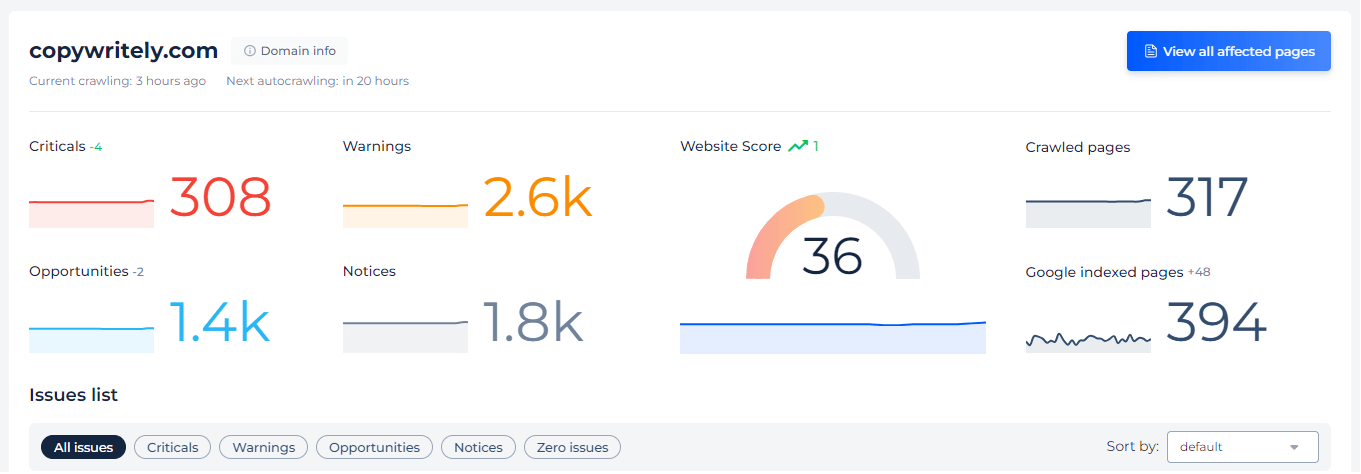
What sets this tool apart is its adeptness at offering detailed insights into your backlink profile, identifying potentially harmful links, and gauging the quality of your inbound links. Coupled with its ability to track your website’s social mentions and shares, it paints a holistic picture of your off-page SEO standing, arming you with actionable insights to further bolster your online presence.
Off-Page SEO Checkpoint Awaits!
Ensure your site's external SEO is on point with our Website Audit tool.
Conclusion
Off-page SEO is as crucial as on-page SEO. By leveraging a mix of traditional techniques and the bonus strategies mentioned above, you can create a comprehensive SEO approach. Remember, the ultimate goal is to provide value, be recognized as an authority, and build genuine relationships in the digital space. With consistency and effort, improved search rankings, increased brand visibility, and higher website traffic will follow.
